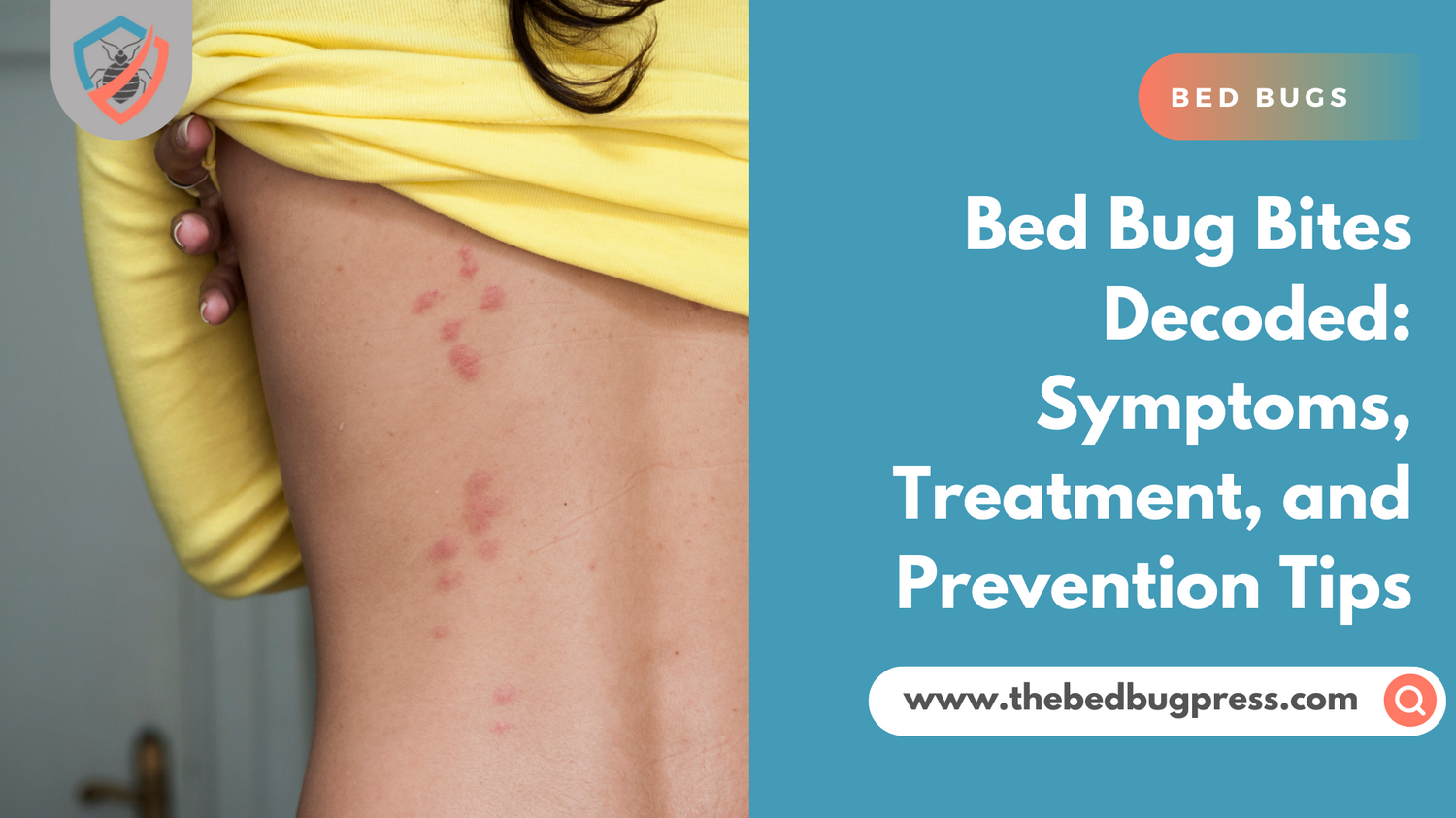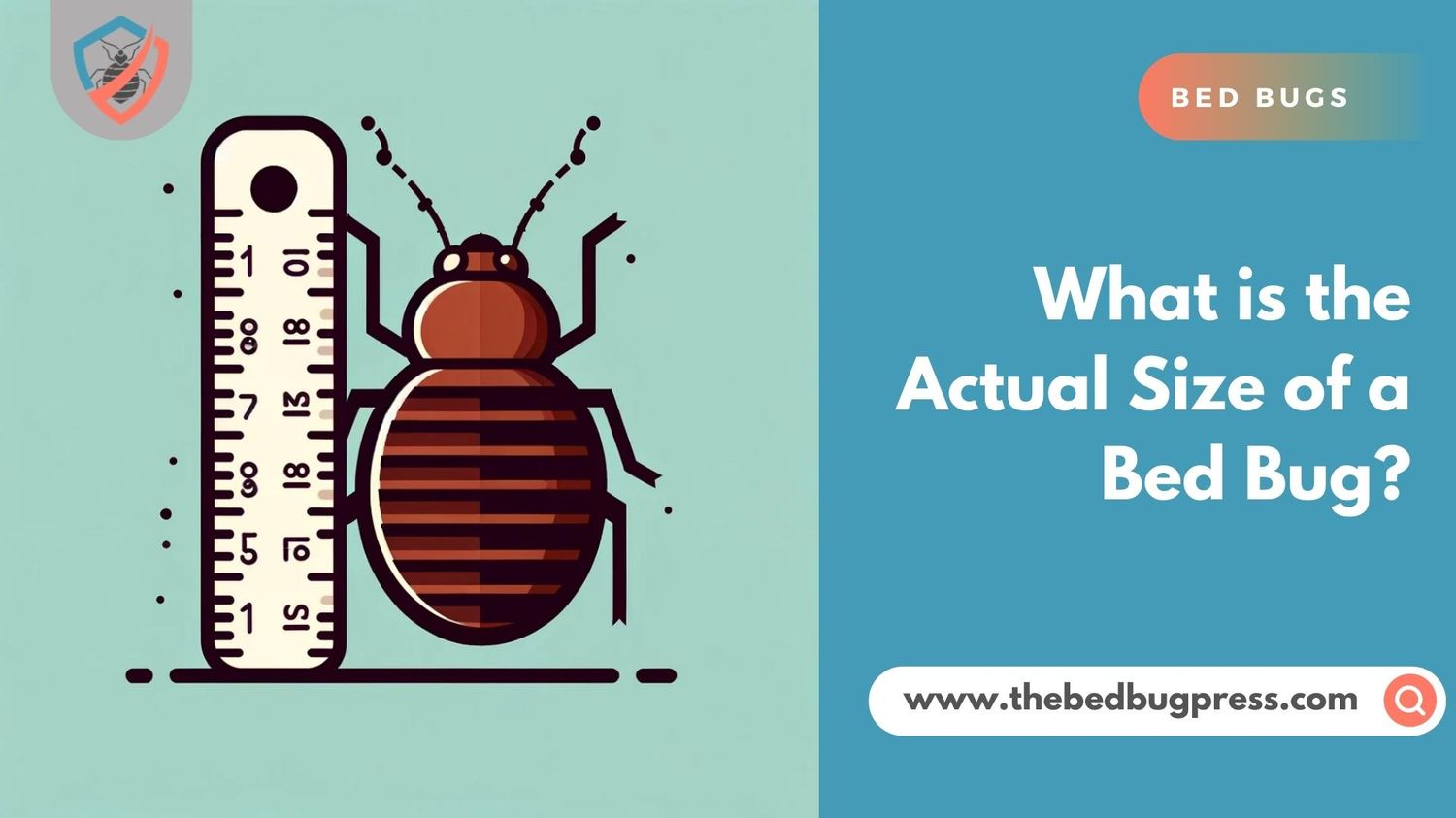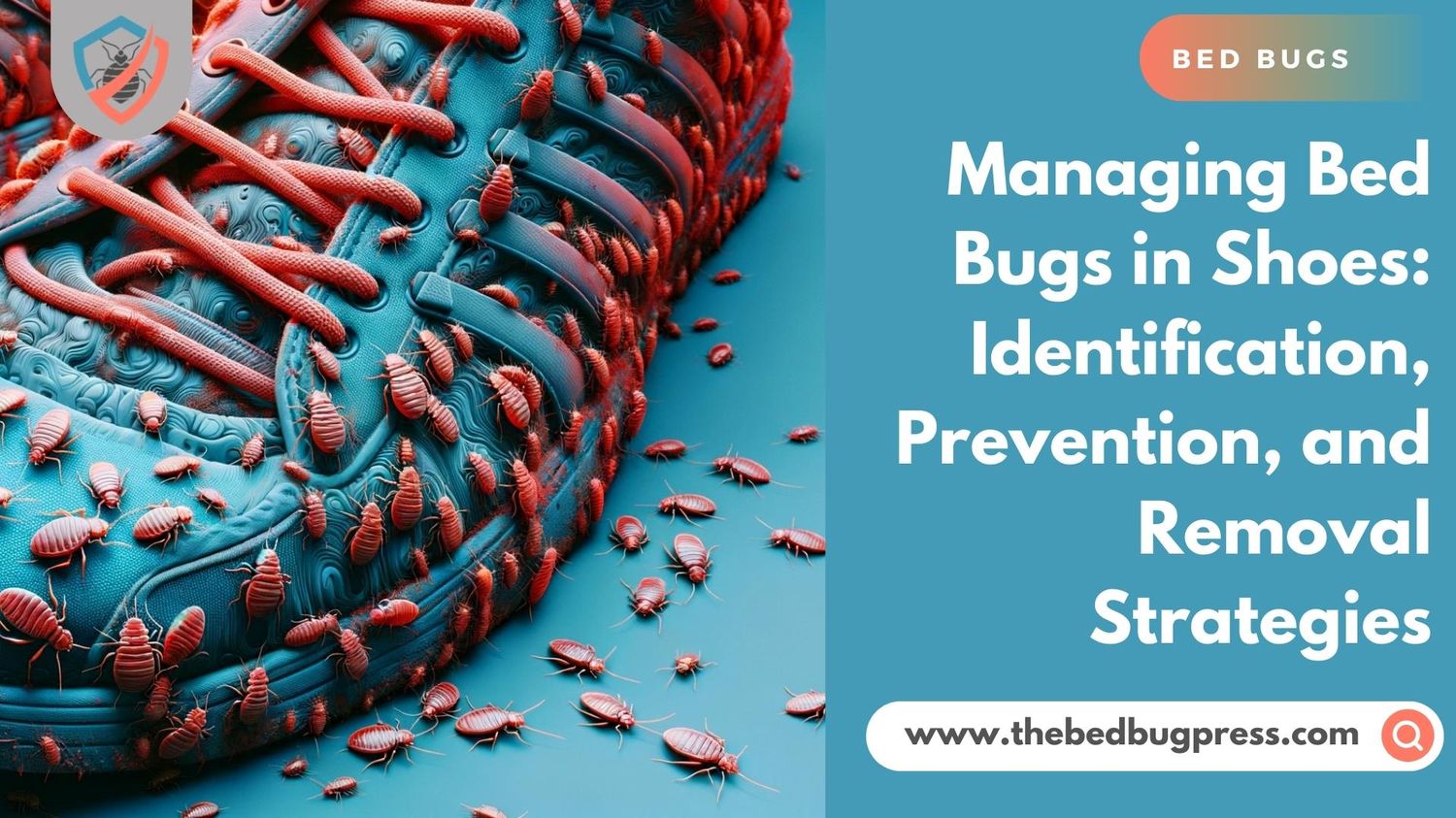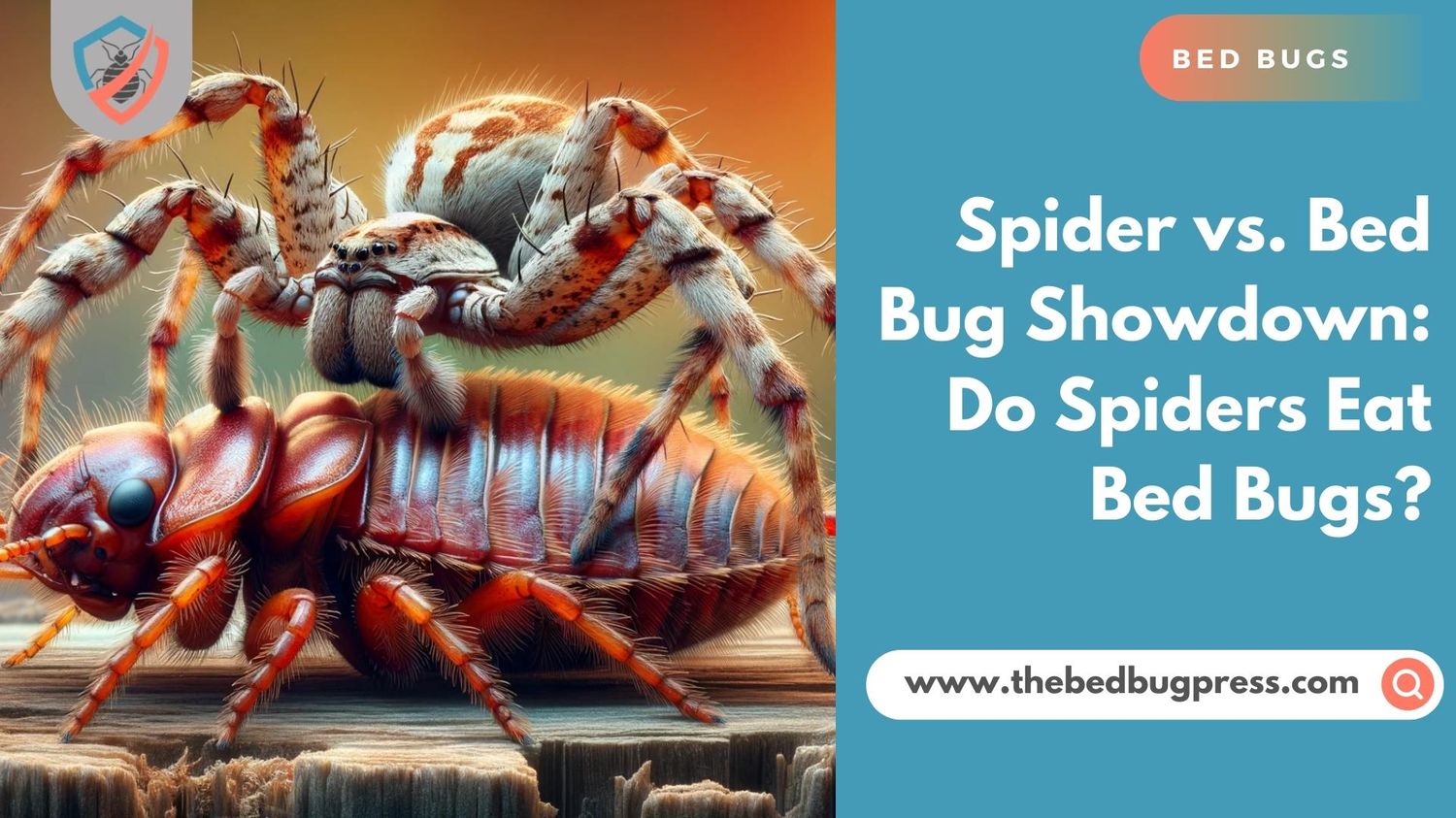Bed bugs are notorious for their ability to create a headache for homeowners, as they are challenging to eliminate once they infest a home. Surprisingly, your beloved pets can also play a role in the spread of bed bugs.
Although bed bugs primarily feed on human blood, they can also bite animals, including cats and dogs. This means that your pets have the potential to bring bed bugs into your home or even transport them to other areas.
To help pet owners navigate this issue, we have compiled information on whether pets can carry bed bugs and provided tips on protecting your furry companions from these pests. Additionally, we will explore the risks associated with bed bugs and pets, as well as effective methods for dealing with an infestation.
If you’re a pet owner concerned about the possibility of bed bugs in your home, continue reading to gain valuable insights!

Pets and Bed Bugs: What You Need to Know
Bed bugs pose a common concern for pet owners since they can feed on both humans and pets such as cats and dogs. Although pets are not usually the primary cause of bed bug infestations, it is important for pet owners to recognize the connection between pets and bed bugs and take measures to protect their cherished animals from these troublesome pests.
Can Pets Transmit Bed Bugs?
Pets can be bitten by bed bugs, but they are typically not the main source of bed bug infestations.
Potential Risks for Pets
Bed bugs do not transmit diseases to pets; however, their bites can result in itching, irritation, and discomfort. In severe cases, if left untreated, bed bug infestations can lead to health issues in pets, such as anemia.
Protecting Your Pets from Bed Bugs
Regularly inspect your pet’s bedding, sleeping areas, and furniture for any signs of bed bugs.
Maintain a consistent vacuuming routine in your home, with special attention to areas where your pet spends time.
Use bedbug-proof covers on your pet’s bed and furniture to prevent bed bugs from infesting these areas.
If you suspect that your pet has been bitten by bed bugs, seek guidance from your veterinarian for appropriate care and treatment.
What to Do in Case of a Bed Bug Infestation
Engage the services of a professional pest control company to thoroughly inspect and treat your home for bed bugs.
Follow the instructions provided for any treatments or pesticides used, and ensure that your pets are kept away from treated areas.
Wash your pet’s bedding and toys in hot water and dry them on high heat to eliminate any potential bed bugs.
Consider using a veterinarian-approved flea and tick medication for your pet, as it may also help prevent bed bugs.
Bed bugs can be a nuisance for both pet owners and their furry companions. By staying informed and taking proactive measures, you can protect your pets from these pests. If you suspect that your pet has been bitten by bed bugs, consult your veterinarian for appropriate guidance. And if you have a bed bug infestation in your home, don’t hesitate to seek professional assistance.

Can Animals Carry Bed Bugs?
Pets have the potential to carry bed bugs. While bed bugs primarily feed on human blood, they can also bite and infest other animals, including cats and dogs. However, it’s important to note that pets are generally not the primary cause of bed bug infestations.
Although bed bugs can bite pets, they typically do not pose significant health risks to animals. However, they can cause discomfort, itching, and irritation for your beloved furry companions. In more severe cases, untreated bed bug infestations can lead to health issues such as anemia in pets.
To protect your pets from bed bugs, it is essential to regularly inspect their bedding, sleeping areas, and furniture for any signs of infestation. Additionally, maintaining a consistent vacuuming routine in your home, with special attention to areas where your pet spends time, can help reduce the risk. Using bedbug-proof covers on your pet’s bed and furniture serves as an additional precautionary measure against infestations.
Can Dogs Carry Bed Bugs?
Bed bugs can be carried by dogs. While bed bugs primarily prefer to feed on humans, they can also feed on dogs and other pets when human hosts are not available. Dogs emit carbon dioxide when they breathe, which attracts bed bugs, making them vulnerable if they share a bed or room with their owners.
Although bed bugs do not pose a significant health risk to dogs, they can cause discomfort, itching, and irritation. If a bed bug infestation is left untreated, dogs may experience more severe consequences such as anemia or other health issues. It is crucial to address the infestation promptly to alleviate any discomfort and prevent potential health complications for your canine companion.

Can Bed Bugs Live on Dogs?
Bed bugs are not commonly found residing on dogs. Although bed bugs can bite dogs and other pets, their primary preference is to hide in cracks, crevices, and other hiding spots in furniture, bedding, and walls during the day. They emerge at night to feed on human hosts.
Nevertheless, there is a possibility for bed bugs to briefly cling to a dog’s fur as they move around the house, particularly if the dog sleeps in the same bed or shares the same room with their owner. In such instances, it is crucial to regularly inspect your dog’s fur and bedding for any signs of bed bugs to ensure early detection and appropriate action.Can Bed Bugs Travel on Pets?
Bed bugs can hitchhike on pets, but they do not typically infest or live on them. Bed bugs prefer to hide in cracks and crevices of furniture, bedding, and walls during the day and come out at night to feed on humans. However, if a bed bug is accidentally carried on a pet’s fur or in their bedding, it can be transported to other areas of the home.
To prevent bed bugs from traveling on your pets, it is important to regularly inspect their fur and bedding for signs of bed bugs. If you suspect that your pet has been in contact with bed bugs, give them a bath to help remove any hitchhiking bed bugs from their fur.
Identifying Bed Bug Bites on Your Pet
Identifying bed bug bites on pets can be challenging as they may not exhibit the same reactions as humans. However, there are indicators to watch for that could suggest your pet has been bitten by bed bugs.
Scratching and Biting
If you notice your pet frequently scratching or biting its skin, it could be a sign of bed bug bites. The itching and discomfort caused by bed bug bites may lead your pet to engage in these behaviors.
Redness and Swelling
Bed bug bites can cause redness and swelling on your pet’s skin. Take a close look at your pet’s skin for any signs of irritation, redness, or raised areas.
Hair Loss
In severe cases of bed bug infestations, pets may experience hair loss, particularly if they continually scratch and bite at their skin.
Restlessness and Agitation
Restlessness or agitation in your pet could indicate discomfort resulting from bed bug bites.
If you suspect that your pet has been bitten by bed bugs, it is important to consult your veterinarian. They can help determine the cause of your pet’s discomfort and provide appropriate treatment options. Additionally, taking preventative measures at home to address bed bugs is crucial.

How to Kill Bed Bugs on Pets
As mentioned above, bed bugs do not typically live on pets, but they can hitchhike on their fur or bedding. If you suspect that your pet has been in contact with bed bugs, there are steps you can take to help kill bed bugs on your pet.
Give Your Pet a Bath
Bathing your pet can help remove any bed bugs that may be on their fur. Use warm water and pet-friendly shampoo, and be sure to lather their entire body, including their face and ears. Rinse thoroughly and dry your pet with a clean towel.
Comb Your Pet’s Fur
Using a fine-toothed comb, comb through your pet’s fur to help remove any remaining bed bugs or eggs. Be sure to dispose of any bed bugs or eggs in a sealed plastic bag and wash the comb with hot, soapy water.
Treat Your Pet with Bed Bug Sprays or Powders
There are a variety of pet-safe bed bug sprays and powders available that can help kill bed bugs on your pet. Be sure to follow the instructions carefully and avoid using any products that are not specifically labeled for use on pets.
Clean Pet Bedding Regularly
Start by removing all bedding from your pet’s sleeping area and placing it in a sealed plastic bag. Wash the bedding in hot water and dry it on high heat to kill any remaining bed bugs or eggs. Vacuum your pet’s sleeping area to remove any remaining bed bugs or eggs. Finally, treat the sleeping area with a pet-safe bed bug spray or powder to ensure that any remaining bed bugs or eggs are killed.
Consult with Your Veterinarian
If your pet is experiencing discomfort or irritation due to bed bug bites, it is important to consult with your veterinarian. They can provide treatment options to help alleviate your pet’s symptoms.
Regularly inspect your home for bed bugs, vacuum frequently, and use bedbug-proof covers on your bedding and furniture.






